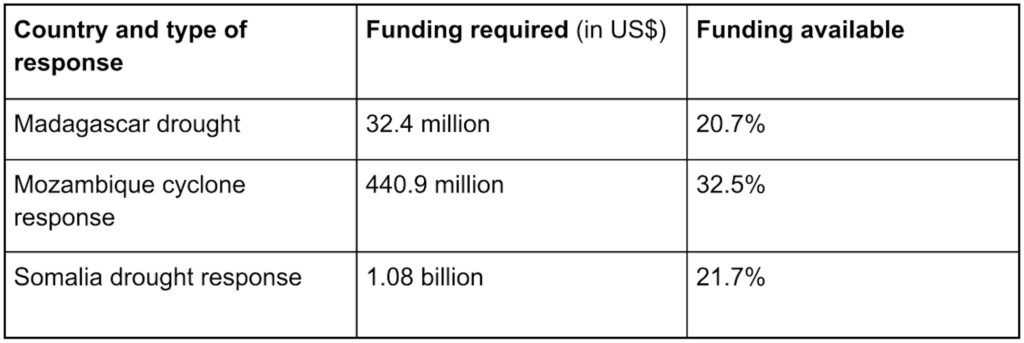Being Loquacious
Do you remember that kid at school that was loquacious or an empty suit?
Someone who talks a lot and always has something to say. Someone who thinks they have all the good arguments to save the world but when it’s time to deliver their words don’t mean anything.
ECO has been paying attention to the discussions around the UNFCCC programme budget for 2020 – 2021. If you have enjoyed the time you’ve spend at the conference centre in Bonn, it is in great part thanks to the amazing and rigorous work of UNFCCC staff members, who help structure our work and help us achieve the objectives we set around the implementation of the Paris Agreement and the Convention. Sometimes, it can be easy to forget that. Implementing the Paris Agreement in an inclusive and participatory manner also means providing sufficient resources to translate our words into climate action.
The UNFCCC Secretariat has rigorously provided Parties with a proposed budget of €68.7 million. This represents an increase of €11.8 million from the previous budget of 2018 – 2019. And the increase is mainly due to three different aspects:
- Correcting structural and programmatic imbalances that have existed in the Secretariat, for example, dedicating support to specific thematic areas (Loss and Damage, Gender and Action for Climate Empowerment);
- New tasks mandated in Paris and Katowice, such as a new body for Indigenous People and a new body for response measures and support to the preparation for the global stocktake;
- Statutory staff cost increases of approximately 2.5%.
... Read more ...

